Real estate transactions are often of great value and complicated, so notarization and certification in transactions not only ensure legal safety but also help provide evidence to competent authorities in case of dispute.
People go to a notary office to notarize land-related documents.
Sharing with reporters, Ms. Bui Thi Ngoc, residing in Dong Thanh commune, Chau Thanh district, said she wanted to make a contract to donate a house and land to her child due to her old age; she wondered if the regulations required notarization or certification of the contract to donate a house and land?
Notarization and certification are performed to ensure legal safety for contracts and transactions related to the transfer, donation, and inheritance of real estate; at the same time, prevent violations of the law, prevent disputes, and protect the rights and legitimate interests of related individuals and organizations.
Notarization and authentication also have the function of creating and providing evidence for litigation activities in resolving cases and incidents when disputes arise between the parties.
Mr. Nguyen Xuan Thang, Chairman of the Provincial Notary Association, said in Clause 3, Article 27 of the 2024 Land Law, it is stipulated that contracts for transfer, donation, mortgage, capital contribution using land use rights, land use rights and assets attached to land must be notarized or certified.
According to Mr. Thang, the law also stipulates that in the case of contracts for leasing, subleasing rights, contracts for transferring agricultural land use rights; contracts for transferring or contributing capital using land use rights in which one party or parties participating in the transaction are real estate business organizations, they must be notarized or certified at the request of the parties. In particular, documents on inheritance of land use rights must be notarized or certified according to the provisions of the law on civil matters.
In addition, Article 164 of the 2023 Housing Law stipulates that in cases of buying, selling, renting, donating, exchanging, contributing capital, or mortgaging houses, contracts must be notarized or authenticated. In cases where organizations donate houses of gratitude, charity, or solidarity; buy, sell, or rent-purchase houses that are public property, etc., contracts do not have to be notarized or authenticated (except in cases where the parties have a need). House inheritance documents are notarized or authenticated in accordance with the provisions of civil law.
Lawyer Phan Van Hung, Chairman of the Provincial Bar Association, said that Article 459 of the 2015 Civil Code stipulates that real estate donations must be made in writing, notarized, authenticated, or registered, if the real estate must be registered for ownership according to regulations.
Therefore, according to Mr. Hung, in case Ms. Bui Thi Ngoc wants to make a contract to donate the house and land to her child, she can base on the Civil Code and Clause 3, Article 27, Land Law 2024 to perform notarization and certification according to the law.
Clause 1, Article 2 of the 2014 Law on Notarization: Notarization is the act of a notary public of a notary public organization certifying in writing the authenticity and legality of a contract or other civil transaction, the accuracy, legality, and non-contravention of social ethics of the translation of documents and papers from Vietnamese into a foreign language or from a foreign language into Vietnamese that must be notarized according to the provisions of law or that individuals or organizations voluntarily request notarization. |
Article and photos: BB
Source


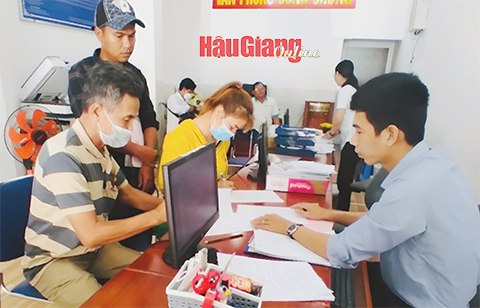




























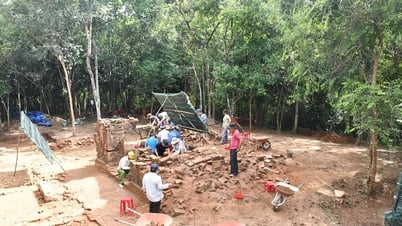












































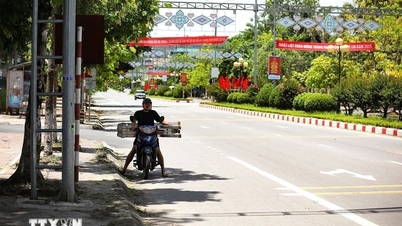



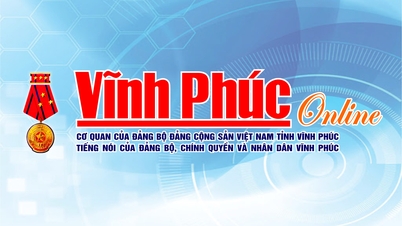











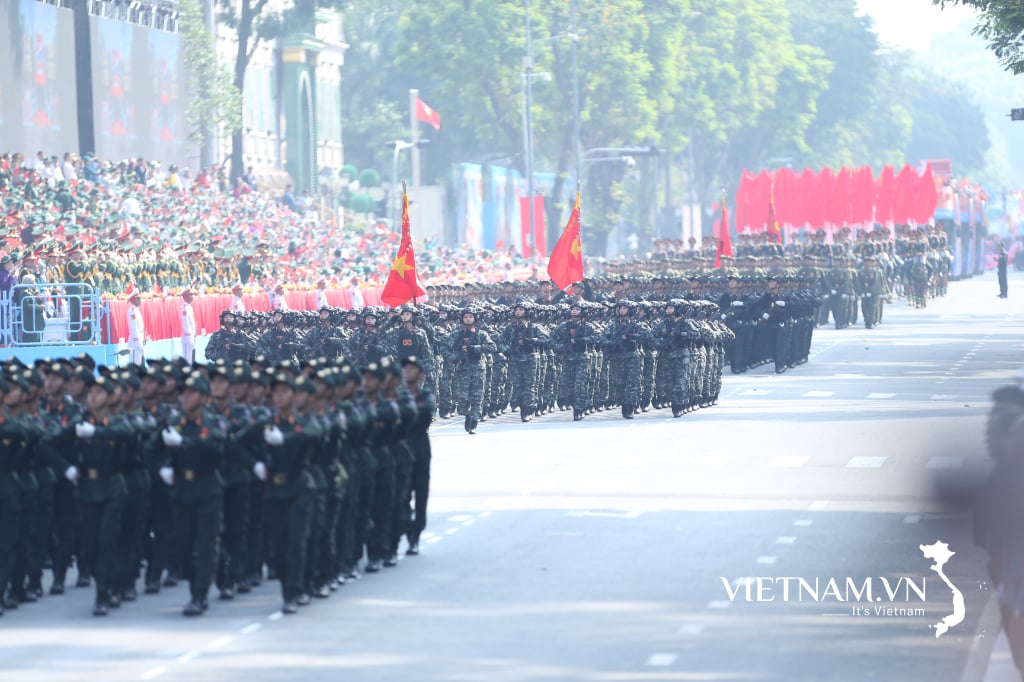


Comment (0)